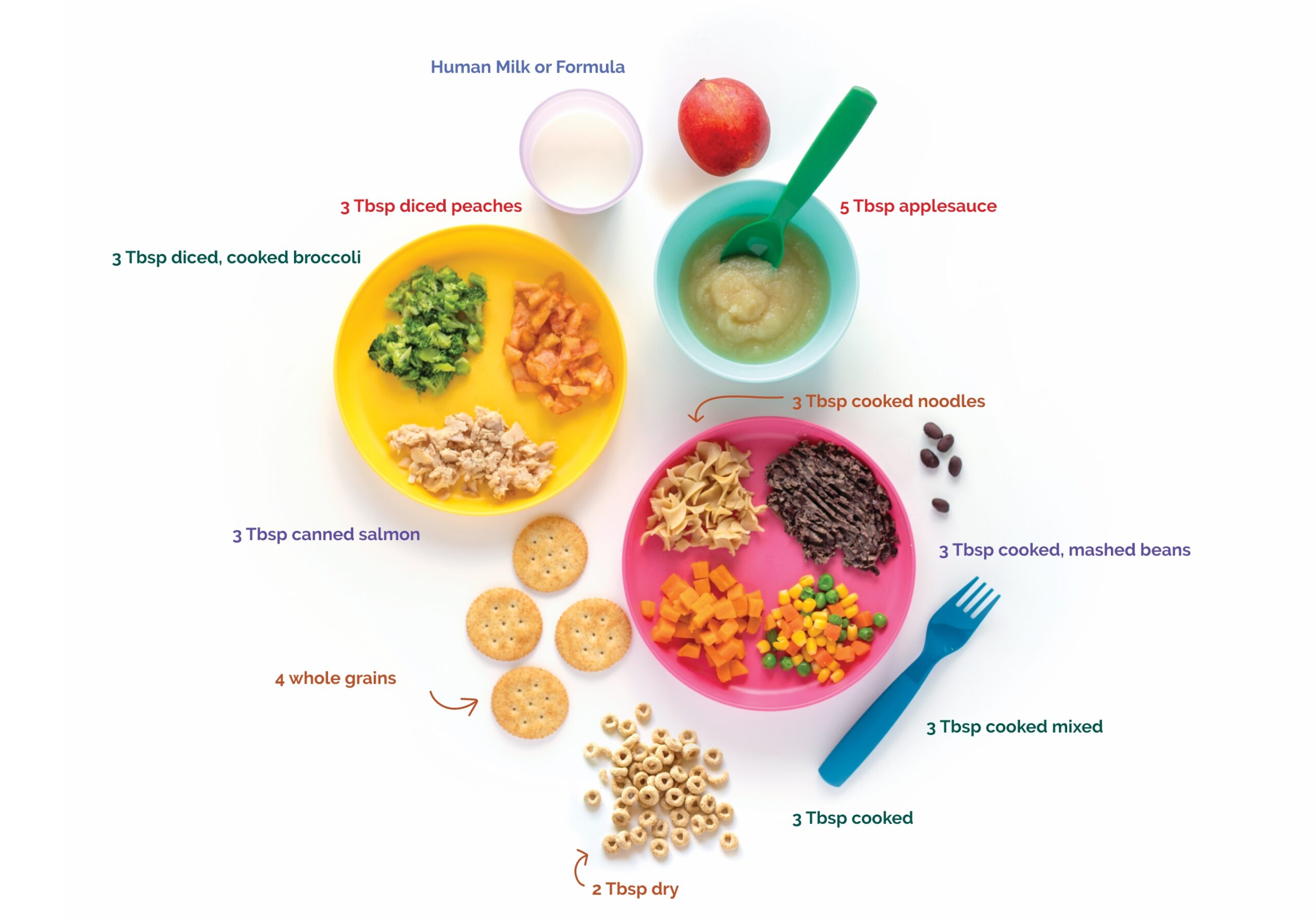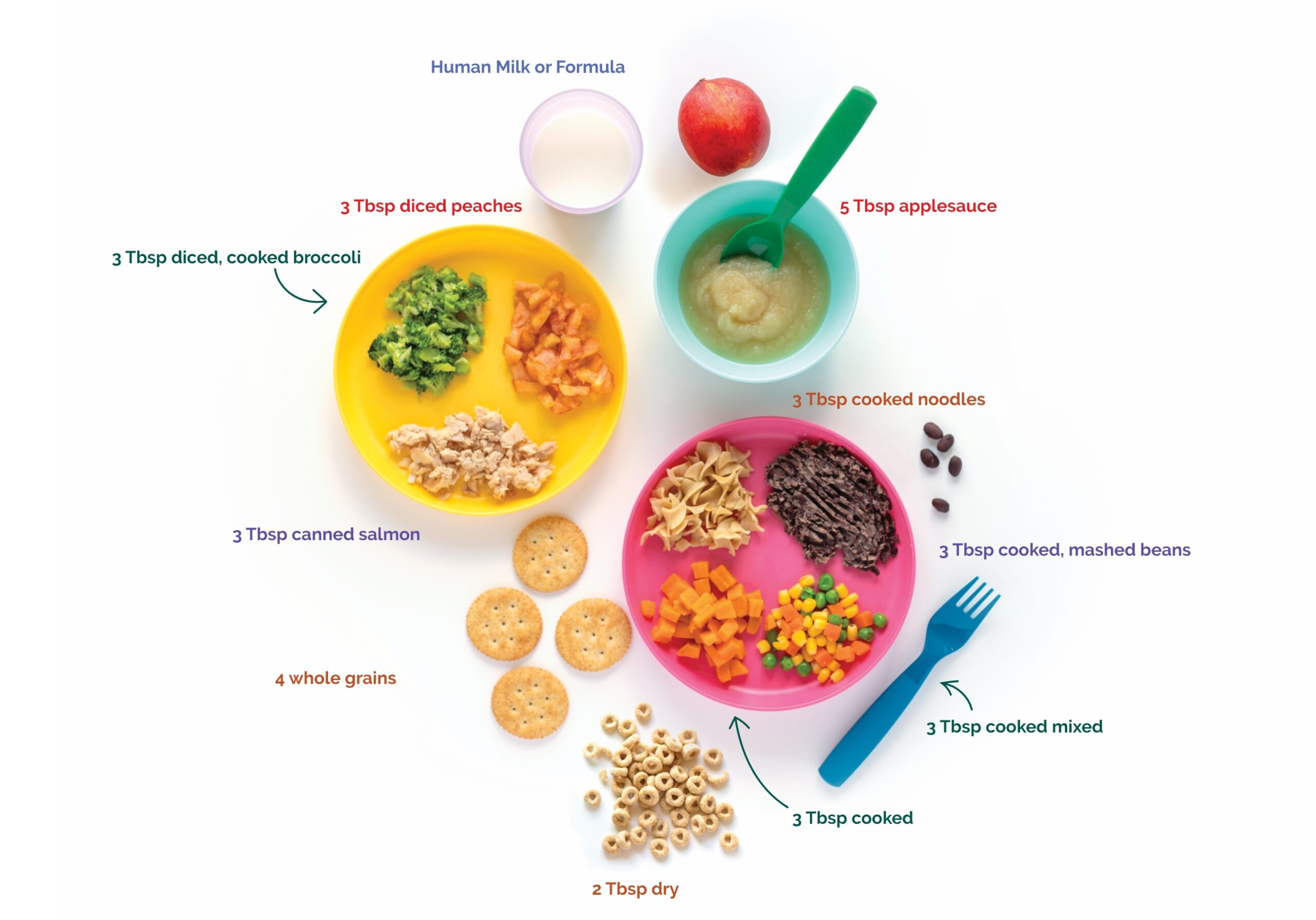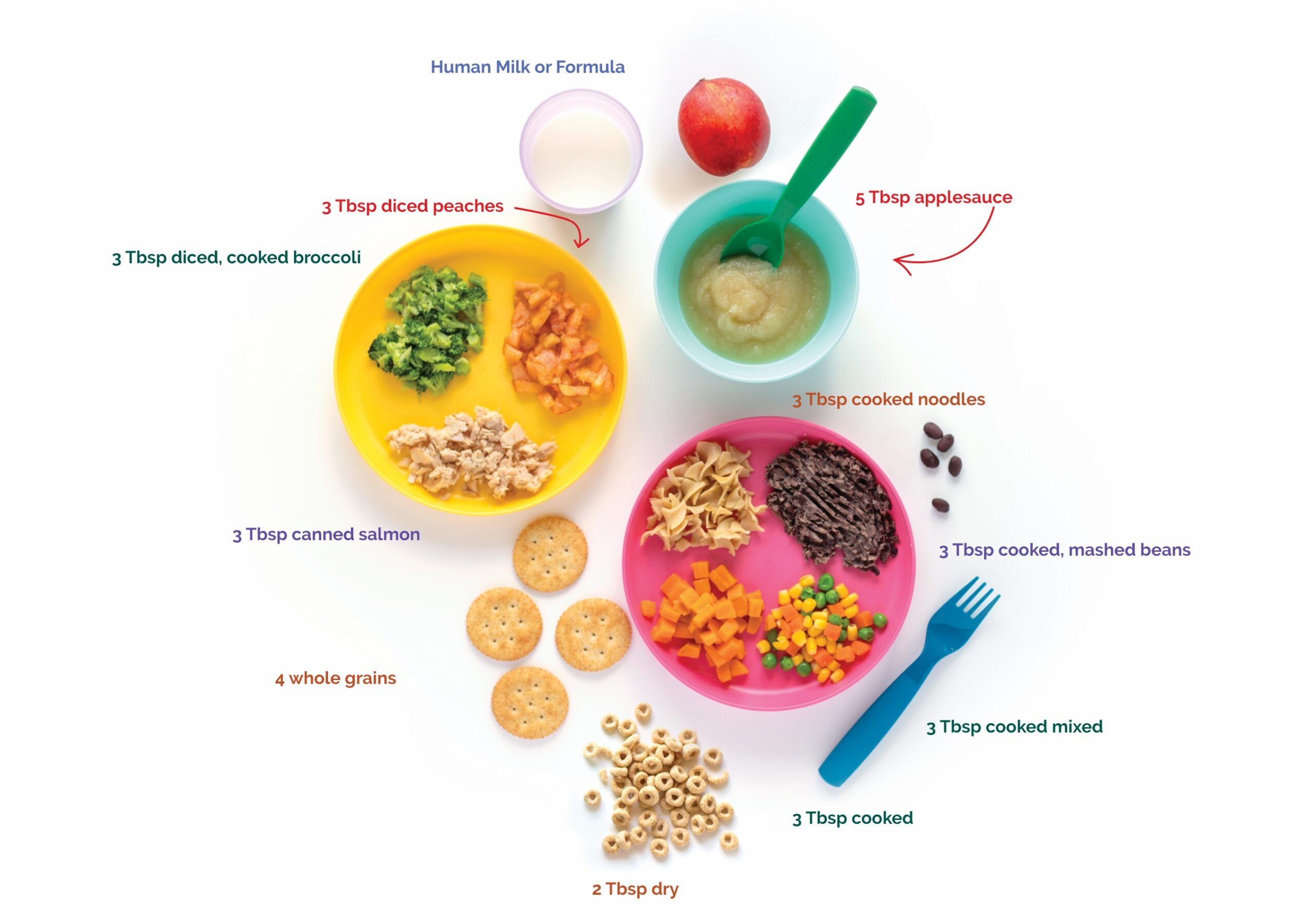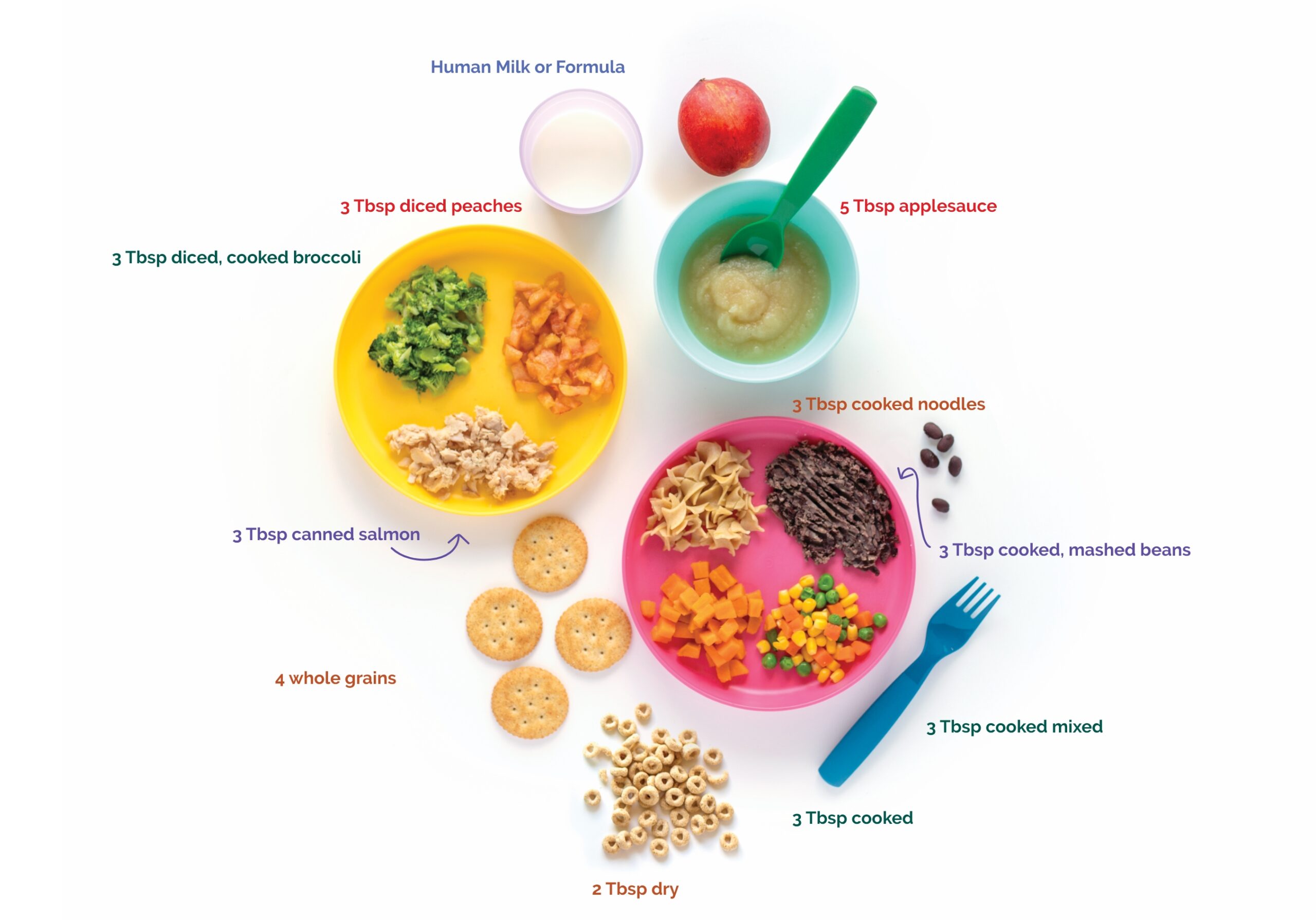
Start
where you are
Parenting is the start of a long journey... and it is hard work! Anything you do to take care of yourself and stay healthy, that is a way you are also caring for your child.
Ask
for help
- Friends
- Family
- Your health care provider
A nurse or social worker can meet you in your home or virtually to help you take care of yourself and your child through the first few years of their life. This is a free and voluntary program.

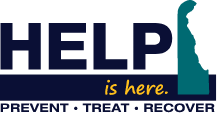
Staying S.A.F.E.1
- Safe sleep: Under the influence of drugs and/or alcohol, a parent may not be able to make the safest choices. For example, a parent may fall asleep and sleep heavier than usual, and if they are cosleeping with infants and young children, this can put the child at risk for suffocation. Put your baby to bed in a smoke free environment.
- Safe sleep means: put your child on their back to sleep, on a firm surface, away from any soft bedding or toys. Share a room, but not a bed.
- Breastfeeding reduces the risk of Sudden Infant Death Syndrome (SIDS), which often happens when babies sleep.
- Attention: Never leave your child unattended, especially on a changing table, floor or in the car.
- Feeding: For the first 6 months of life, breastmilk and/or formula is all your child needs.
- Environment: A consistent schedule and calm environment help children feel safe and secure.
Prescriptions
Young children are naturally curious and can get into any drugs or prescribed medicines that are not safely stored. They may unintentionally swallow or eat something that is not meant for them. Always keep prescriptions and any drugs or medicines out of the reach of children, in a keyed locked medicine cabinet is best. Dispose of old prescriptions medicines safely. For more information on safe drug storage and disposal, go to helpisherede.com.
Tobacco
Smoking and vaping by parents and caregivers who are around infants and young children can affect the children’s health. Of the 7,000 chemicals in tobacco smoke at least 250 are known to be harmful and 69 cause cancer1.
Exposure to secondhand and thirdhand smoke puts young children at risk for learning problems, ear infections, asthma, or more serious breathing problems when they get a cold or virus2.
There is NO safe amount of secondhand smoke (breathing smoke in the air from someone smoking nearby, especially in an enclosed place like the home or car) and thirdhand smoke (a baby inhales the toxins from the clothing, hair, and skin of someone who smokes.)
Vaping
E-cigarettes and vaping are not safe for youth, young adults, pregnant women or adults who do not currently use tobacco products3.
They are marketed to be “less harmful”, but in reality, they are “not harmless.” Recent research performed by John Hopkins University found there were nearly 2,000 chemicals in many popular vaping products4.
Just like secondhand smoke, if you breathe in secondhand vapor/aerosol you’re exposed to nicotine, and all the other harmful chemicals. Please keep vaping liquids (i.e., E-liquids/E-Juice) away from children and pets because it is highly poisonous when swallowed or absorbed through the skin.
There are many ways to parent3
You are good enough to be a parent. You do not need to have a different past. There is nothing you need to make up for.
Be here now, as you can, with your child. Provide safety, love, structure and boundaries. Your child needs you, showing up day after day, for them.
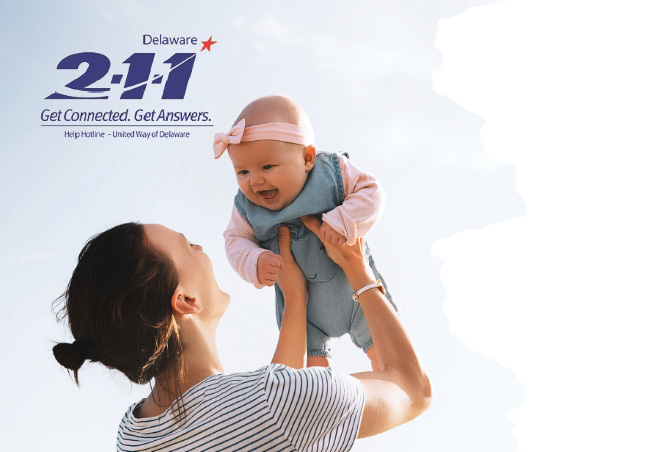
There are many ways to parent3
You are good enough to be a parent. You do not need to have a different past. There is nothing you need to make up for.
Be here now, as you can, with your child. Provide safety, love, structure and boundaries. Your child needs you, showing up day after day, for them.
Resources
for mental health and addiction





